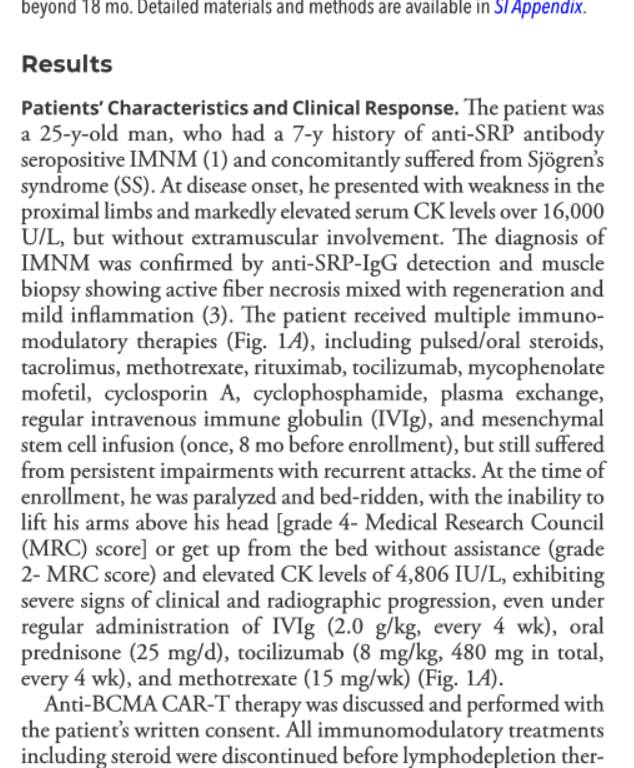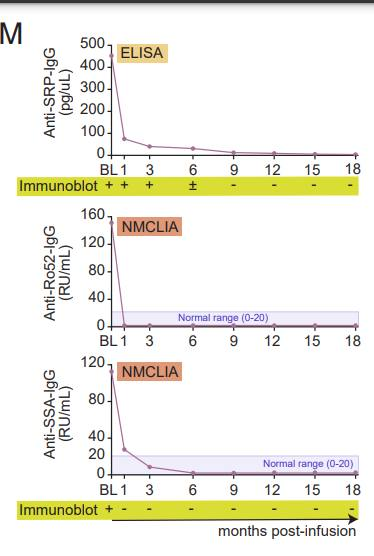siobhanfirestone
Senior Member (Voting Rights)
Or to be more precise, the protocols since 1998 when I first decided that it made more sense to target B cells. Up until then all the protocols were designed to target T cells - CD52, CD7, CD3, CD4. I could never understand why people thought targeting T cells made sense but it took me ten years to gather enough thoughts together to see precisely why it didn't and to see a specific mechanism of feedback that made B cell targeting make sense.
Even so Martin Glennie rightly pointed out that my first attempt at describing my B cell rationale was illogical and it didn't really have it clear in my head until after we had done the experiment and showed it worked.
A lot of drugs supposed to target T cells actually hit B cells too. The T cell theory was supposed to be supported by the PTPN22 gene link to RA but it turned out to be crucial for B cell receptor editing too.
do you have any good sources on bort and plasma cells in autoimmunity you could share specifically perchance? im not finding much online in terms of it being a part of a regieme that effects plasma cells that are not cancerous


